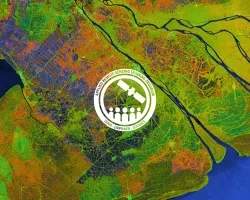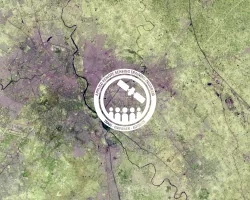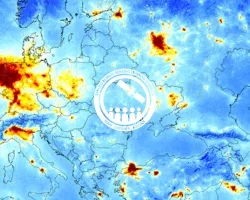Description
CO2 monitoring from space is becoming an increasingly important and relevant capability in support of climate studies and to inform policy decisions. This introductory four-part webinar series will provide an overview of atmospheric carbon dioxide measurements from space with the OCO-2 and OCO-3 satellite missions. It will include a theoretical portion that will describe the instrument, how the measurement is made, and the characteristics, limitations and validation of the measurement. There will be a discussion of the type of climate studies that such measurements can support. There will also be a practical session where participants will learn how to access, search, filter and display XCO2 data using Jupyter Notebook.
This training is also available in Spanish.
By the end of this training attendees will be able to:
- Understand the characteristics and limitations of XCO2 measurements from space
- Understand the type of climate studies that these measurements can support
- Be able to open and visualize XCO2 data from OCO-2
This webinar series is intended for local, regional, federal, and non-governmental organizations from climate agencies to use CO2 remote sensing data in climate studies.
- Four, 2-hour sessions
Trainers: Vivienne Payne (JPL)
- Background of the XCO2 measurement and how it is measured
- Description of the OCO-2/OCO-3 sensors
- Characteristics, limitations and validation of the measurement
- Q&A
Materials:
Trainers: Karen Yuen (JPL)
- Use of Jupyter Notebook to access, search, filter and display XCO2 data
- Q&A
Materials:
Trainers: Abhishek Chatterjee (JPL)
- Global and regional carbon flux estimation, and carbon cycle response to climate variability and changes in anthropogenic emissions
- Q&A
Materials:
Trainers: John Lin (University of Utah)
- Climate impacts from localized emissions, air quality, and urban density
- Q&A
Materials:



